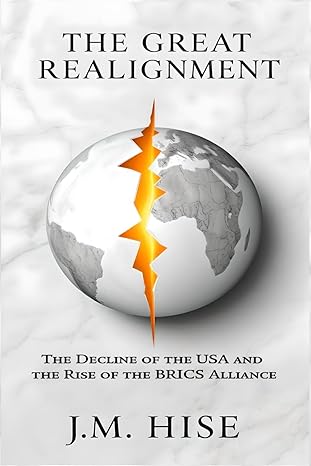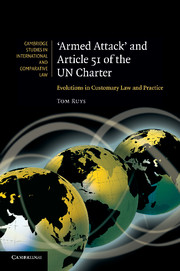Colin Marshall offers a ground-up defense of objective morality, drawing inspiration from a wide range of philosophers, including John Locke, Arthur Schopenhauer, Iris Murdoch, Nel Noddings, and David Lewis. Marshall's core claim is compassion is our capacity to perceive other creatures' pains, pleasures, and desires. Non-compassionate people are therefore perceptually lacking, regardless of how much factual knowledge they might have. Marshall argues that people who
do have this form of compassion thereby fit a familiar paradigm of moral goodness. His argument involves the identification of an epistemic good which Marshall dubs "being in touch". To be in touch with some property of a thing requires experiencing it in a way that reveals that property - that is,
experiencing it as it is in itself. Only compassion, Marshall argues, lets us be in touch with others' motivational mental properties.
This conclusion about compassion has two important metaethical consequences. First, it generates an answer to the question "Why be moral?", which has been a central philosophical concern since Plato. Second, it provides the keystone for a novel form of moral realism. This form of moral realism has a distinctive set of virtues: it is anti-relativist, naturalist, and able to identify a necessary connection between moral representation and motivation. The view also implies that there is an
epistemic asymmetry between virtuous and vicious agents, according to which only morally good people can fully face reality.
چکیده فارسی
کالین مارشال با الهام گرفتن از طیف وسیعی از فیلسوفان، از جمله جان لاک، آرتور شوپنهاور، آیریس مرداک، نل نودینگ، و دیوید لوئیس، دفاعی اساسی از اخلاق عینی ارائه میکند. ادعای اصلی مارشال این است که شفقت توانایی ما برای درک دردها، لذتها و خواستههای موجودات دیگر است. بنابراین، افراد غیر دلسوز از نظر ادراکی فاقد دانش واقعی هستند. مارشال استدلال می کند که افرادی که
این شکل از شفقت را دارند، بنابراین با پارادایم آشنای خوبی اخلاقی مطابقت دارند. استدلال او شامل شناسایی یک خیر معرفتی است که مارشال آن را "در تماس بودن" می نامد. برای برقراری ارتباط با برخی از ویژگی های یک چیز، نیاز به تجربه آن به گونه ای است که آن ویژگی را آشکار کند - یعنی
آن را همانطور که در خودش هست تجربه کند. مارشال استدلال می کند که فقط شفقت به ما امکان می دهد با ویژگی های ذهنی انگیزشی دیگران در تماس باشیم.
این نتیجه گیری در مورد شفقت دو پیامد مهم فرااخلاقی دارد. نخست، پاسخی به این پرسش می دهد که «چرا اخلاقی باشیم؟»، که از زمان افلاطون یکی از دغدغه های اصلی فلسفی بوده است. دوم، سنگ بنای شکل بدیع رئالیسم اخلاقی را فراهم می کند. این شکل از رئالیسم اخلاقی مجموعهای از فضیلتهای متمایز دارد: ضد نسبیتگرا، طبیعتگرا و قادر به شناسایی ارتباط ضروری بین بازنمایی اخلاقی و انگیزه است. این دیدگاه همچنین نشان می دهد که
وجود دارد عدم تقارن معرفتی بین کارگزاران با فضیلت و شرور که بر اساس آن فقط افراد اخلاقی خوب می توانند به طور کامل با واقعیت روبرو شوند.
ادامه ...
بستن ...
ISBN-13: 978-0198809685
ISBN-10: 0198809689
ادامه ...
بستن ...










